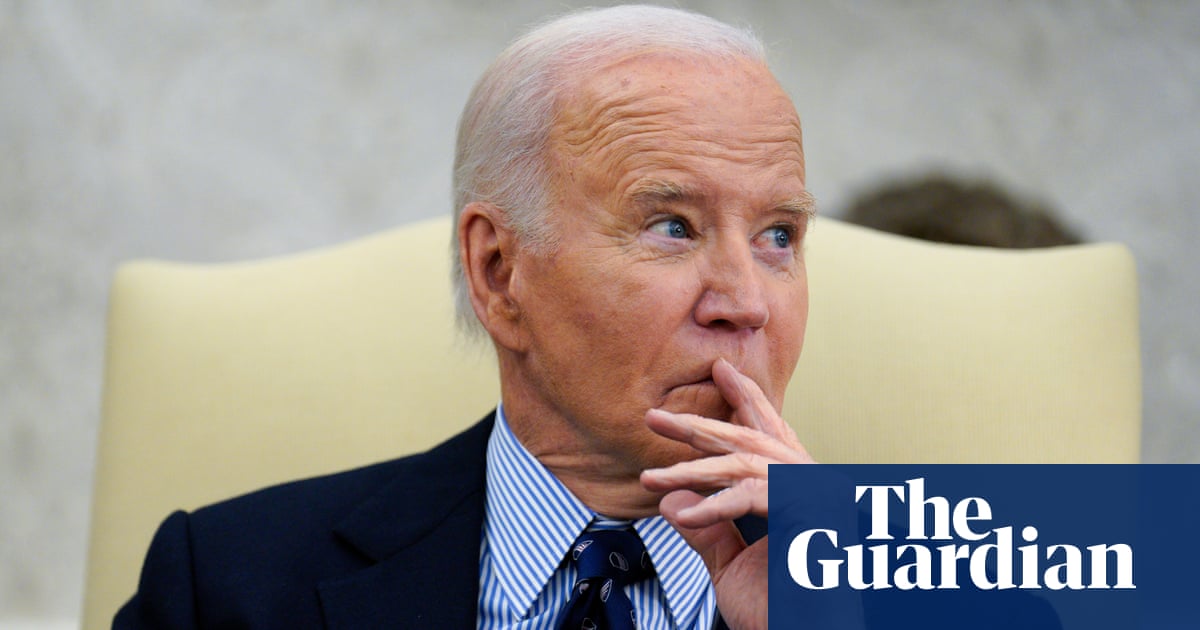The next four years will be exhausting. An ageing, angry, erratic president branded a fascist by decorated generals will relentlessly spew falsehoods and hate, threaten violence against citizens and mass deportation of immigrants. But amid this onslaught, one need not feel powerless. Positive change will continue to be possible.
Donald Trump is not the only actor in this drama. During his first term, significant social movements emerged and gained traction. The #MeToo movement, which highlights sexual harassment and assault, surged, bringing issues of gender inequality and violence against women to the forefront of national conversation. Similarly, the Black Lives Matter movement gained unprecedented momentum, particularly following the murder of George Floyd in 2020. These movements ignited discussions about systemic racism and police reform, reshaping our political landscape.
Trump was at odds with these movements, but they still made progress. Powerful men lost their jobs; laws and corporate practices changed. Trump was ordered to pay $83m for sexually assaulting E Jean Carroll, a judgment made possible by a New York law that extended the statute of limitations for sexual assault that passed while he was president. It may seem counter-intuitive, but it’s true: diversity, equity and inclusion programs proliferated under Trump. Then they retrenched under Joe Biden.
Leaders grapple with popular will. Backlash comes in reaction to progress. Trump’s closing argument piled vile attacks on transgender people. He falsely accused teachers of performing surgeries during the school day and spent millions on TV ads that argued Kamala Harris’s “agenda is they/them – not you”. These attacks are hurtful, but they occurred because trans people have never been more visible. The non-binary pronoun “they”, rarely used before Trump took office, was named the “word of the year” by Merriam-Webster dictionary in 2019.
Progress remains possible across a range of issues. Trump famously called the climate crisis a “hoax”. He has professed a love of coal and rails against windmills, falsely claiming they cause cancer. Energy department figures show, however, that coal burning plummeted during Trump’s first term, while domestic wind and solar generation surged. The number of hybrid, plug-in and fully electric cars tripled, from just over 500,000 sales in 2017 to nearly 1.5m in 2021.
Trump won re-election, in part, because large numbers of Black and Latino voters defected from the Democratic party. Some commentators, including the former president Barack Obama, blamed sexism. In October, he chided a group of Black men in Pittsburgh. They just weren’t, “feeling the idea of having a woman as president”, he said. But while sexism may have played a role, it’s also a fact that economic conditions for Black and Latino families improved during Trump’s tenure. The homeownership rate for both groups increased every year of Trump’s first term – after declining throughout Obama’s presidency. The unemployment rate for Black and Latino Americans hit historic lows before the Covid pandemic shut everything down.
No one was more surprised by these outcomes than me. My book, Homewreckers, argued America’s first real estate developer president would be a disaster for homeowners, especially those of color. It documented how Trump stacked his administration with vulture capitalists, including Wilbur Ross and Steve Mnuchin, who profited off the 2008 housing bust by foreclosing on thousands of American families while reaping hefty government subsidies. Amid the wave of foreclosures, firms run by Trump’s financial backers, including the private equity titans Stephen Schwarzman and Tom Barrack, gobbled up tens of thousands of homes that could have otherwise been purchased by families – contributing to the widest wealth gap between the richest Americans and everyone else since the Gilded Age.
But politicians are not immune from public pressure. An honest review of the first Trump term shows that when Covid hit, leaders from across the political spectrum revealed they had learned from their mistakes. Trump administration officials declared foreclosure and eviction moratoria and allowed millions of newly unemployed Americans to rework their mortgages. The $2.2tn Coronavirus Aid, Relief, and Economic Security Act, which passed with broad bipartisan support, included economic equity provisions drafted by the frequent Trump antagonist Maxine Waters, a Democrat from Los Angeles, that funneled billions to struggling homeowners and renters.
None of this is to sugarcoat the current situation. If you are a woman worried about reproductive health, an immigrant frightened your family will be rounded up, or branded an “enemy within”, the stakes are very high. But remember: Trump did not build that “big, beautiful wall” along the Mexican border. Department of Homeland Security figures show deportations declined on his watch from their peak under Obama. Since the Dobbs decision, voters across the US have restored access to abortion.
In the closing days of the campaign we were warned that Trump would be surrounded by sycophants in his second term and that there would be “no guardrails” to restrain his worst instincts. But that is not true. We are the guardrails.
-
Aaron Glantz, a two-time Peabody award winner and Pulitzer Prize finalist, is a fellow at Stanford University’s Center for the Advanced Study of Behavioral Sciences

 German (DE)
German (DE)  English (US)
English (US)  Spanish (ES)
Spanish (ES)  French (FR)
French (FR)  Hindi (IN)
Hindi (IN)  Italian (IT)
Italian (IT)  Russian (RU)
Russian (RU)  2 weeks ago
2 weeks ago
























Comments